Keywords: Effects
There are more than 200 results, only the first 200 are displayed here.
-

INTERNATIONAL
- Andrew Hamilton
- 08 March 2022
19 Comments
In the face of the horrors of invasion it is natural to be fascinated by the destructiveness of war and to immerse ourselves in military and political strategies. It is also natural to feel helpless and angry at the destruction of human lives, of cities and freedoms, and from a distance to barrack for one side and against the other. We attribute blame and praise, weigh causes and justifications, and divide the world into friends and enemies.
READ MORE 
-
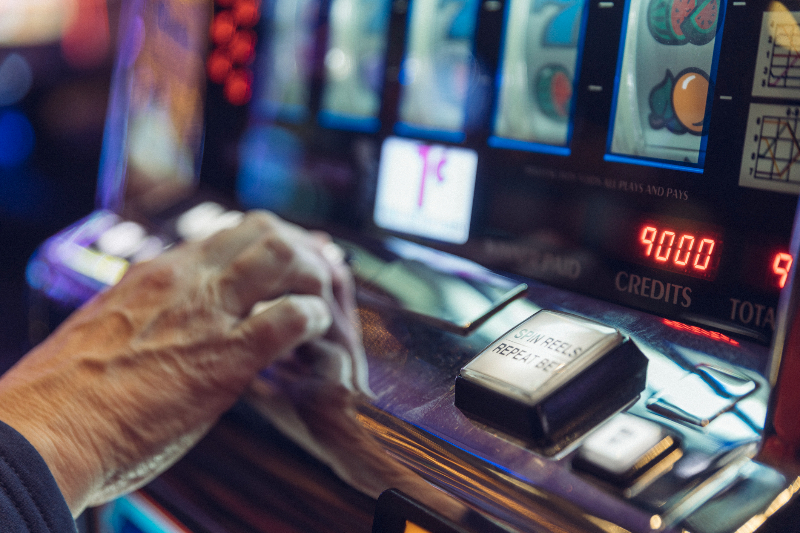
AUSTRALIA
- Frank Hurley
- 24 February 2022
1 Comment
Gambling is now a core national industry providing significant employment, profit for private providers and revenue for governments. All good but, as with every form of industry, there are ‘externalities’. In the case of the gambling industry, it is the personal and social costs of ‘problem’ or ‘addicted’ gamblers that must be taken into account.
READ MORE 
-

RELIGION
- Andrew Hamilton
- 24 February 2022
44 Comments
A local event in the United States Catholic Church has recently aroused interest in Australia. A Bishop declared to be invalid (non-existent and without effect) baptisms celebrated over twenty years by a priest of his diocese. As a result people baptised by the priest will have to be properly baptised. Although the issues raised by this event are specific to the Catholic Church it raises broader questions of how any group should respond to behaviour considered deviant.
READ MORE 
-
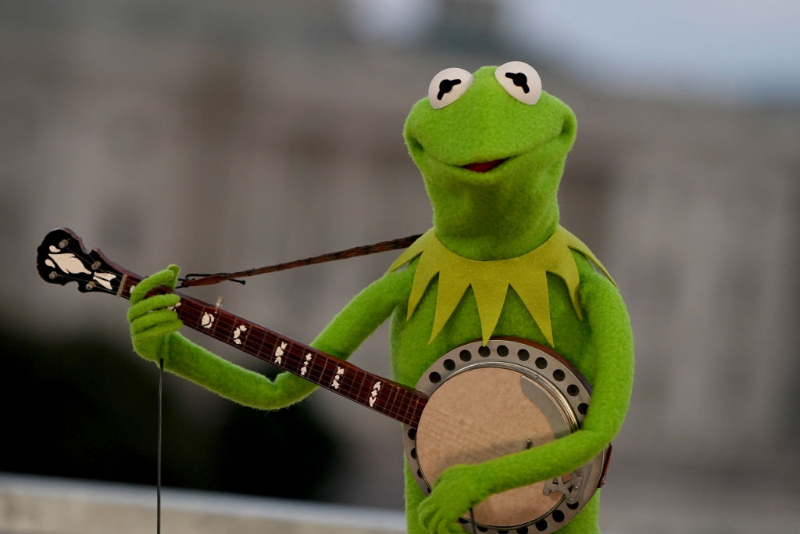
ARTS AND CULTURE
- Gillian Bouras
- 22 February 2022
17 Comments
Kermit the Frog, of enduring Muppets and Sesame Street fame, was always a favourite with my children and me: he was so amusing and appealing, and also had a way of unobtrusively communicating simple goodness along with the occasional moral message. He was also concerned with the most important matter of the self, so that in his most famous song he puts a positive spin on the matter of greenness, the colour of envy and jealousy.
READ MORE 
-

AUSTRALIA
- Ben Rich
- 17 February 2022
11 Comments
Today we see a resurgence of digital tribalism, a glorification of disingenuous engagement online and humiliating those of a different perspective. Everywhere we see simplistic and belligerent narratives of ‘us versus them’ over more nuanced explanations that might impart a greater sense of shared humanity and common purpose. So what happened?
READ MORE 
-

ARTS AND CULTURE
- Philip Harvey
- 02 February 2022
3 Comments
I was invited to read the poetry at Eureka Street by Morag Fraser, sometime in the mists. She shouted me coffee at the Chinese place across Victoria Street from the magazine’s Richmond offices. That was nearly twenty years ago. As we crunched on fortune cookies, she popped the question. I’ve been editing poetry at Eureka Street ever since and have only chosen to let go of the job this summer.
READ MORE 
-
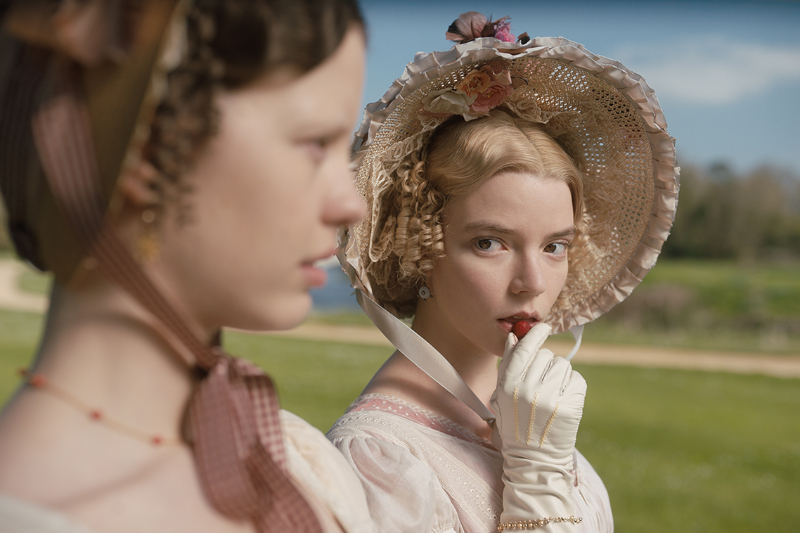
ARTS AND CULTURE
- Andrew Hamilton
- 02 February 2022
11 Comments
Jane Austen’s exploration of a narrow social world illuminated issues central to public life in our own world. In particular, the importance of character in building harmony in her domestic world raised questions about its place, presence, and importance in political life today.
READ MORE 
-
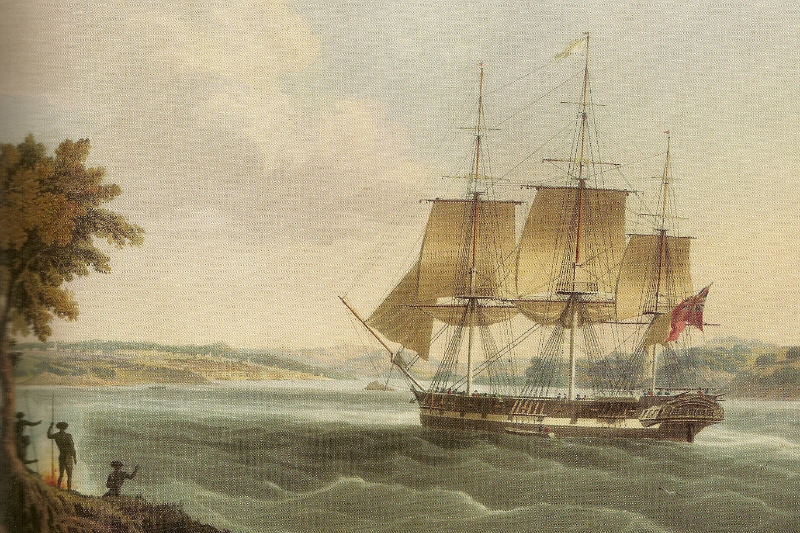
AUSTRALIA
- Andrew Hamilton
- 25 January 2022
24 Comments
In recent years, Australia Day has been a holiday without title. It has been marketed as a day for all Australians, but is held on a date is seen increasingly as the beginning of the dispossession and humiliation of the First Australians. As a result it is generally received as an opportunity to laze around undisturbed by serious thoughts about Australia.
READ MORE 
-
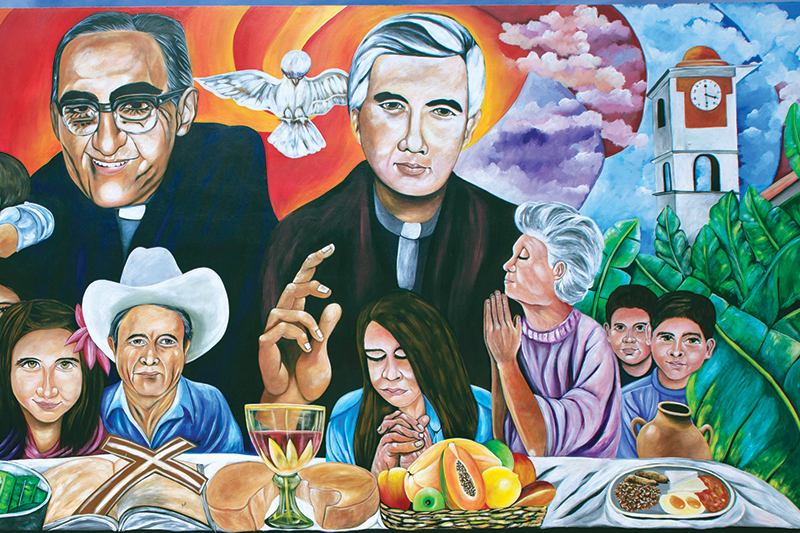
RELIGION
- Andrew Hamilton
- 20 January 2022
6 Comments
On the fifteenth anniversary of Rutilio Grande’s death, I went to a memorial celebration in Aguilares. This crossroads town was the centre of the Jesuit local mission of which Grande had been part. I had already been struck by the affection with which everyone spoke of Rutilio Grande. In a society where any ministry to people who were poor exposed one to constant danger, it was natural to become hardened in order to survive. Rutilio Grande, however, was remembered and treasured for his vulnerability.
READ MORE 
-

AUSTRALIA
- Joel Hodge
- 20 January 2022
25 Comments
It is unusual when political enemies unite. We should take note of them. The spectacular deportation of Australian Open tennis champion, Novak Djokovic, is one such unusual moment. Feeling had risen to a mob-like fervour. One is left wondering why?
READ MORE 
-

ARTS AND CULTURE
- Barry Gittins
- 14 January 2022
4 Comments
We’ve been in a pressure cooker, these past two years. More than a score of historians had memorably described 2020 as the sixth-most ‘stressful year ever’. Predictions and speculations look ahead; I looked at the past trends of the past two years and make these humble observations. With the stage set for dire times, here are six trends to look for in 2022. Here’s hoping.
READ MORE 
-
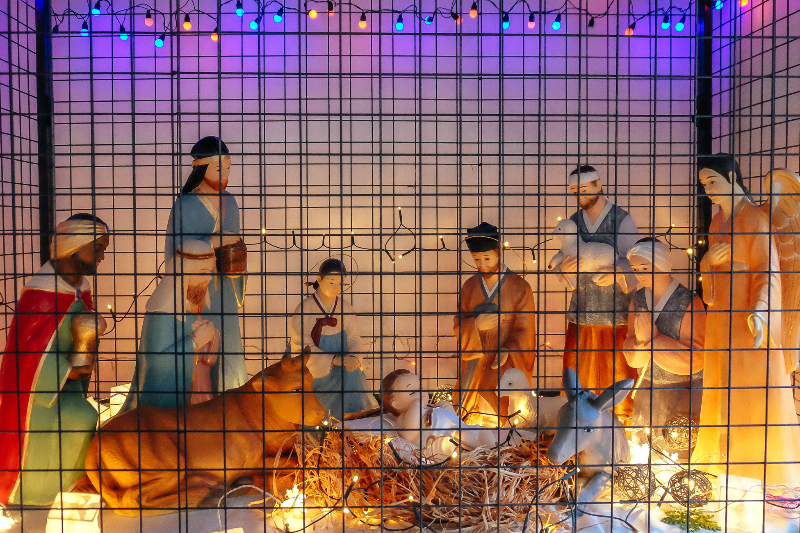
RELIGION
- Andrew Hamilton
- 16 December 2021
19 Comments
Christmas is always a mixture of nostalgia, weariness, connection and hope. This year the strands that compose it are even more tangled. We hope to return to the pre-Covid normal of celebration without anxiety. We look forward to the New Year as a gate to freedom to travel, work and plan our lives without hindrance. At the same time, however, our plans are conditional. We realise that Covid has not left us, and that its mutations may lead to more interruptions and restrictions.
READ MORE 